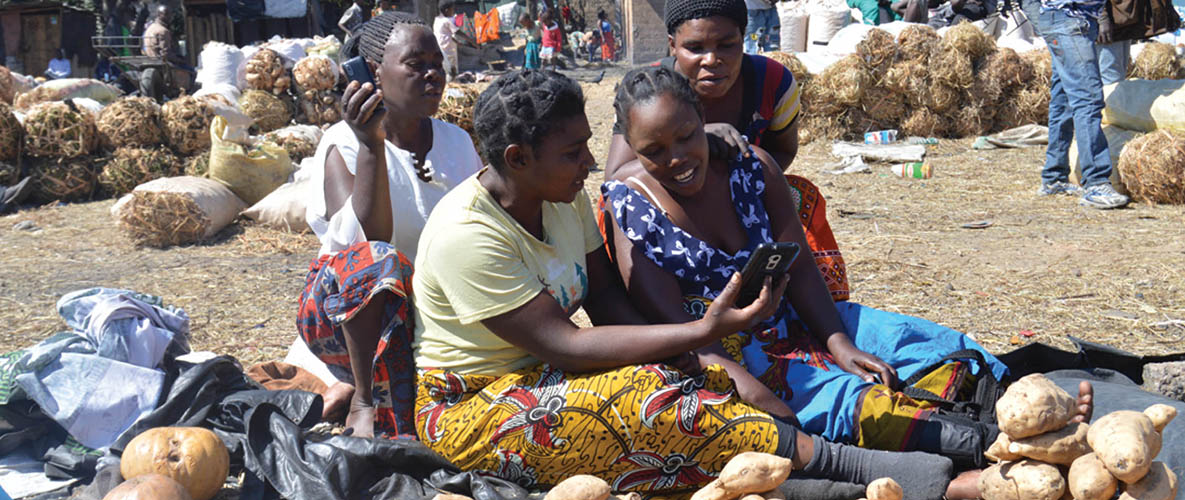Partnering to Implement the Global Health Security Agenda
‹View Table of Contents

The increasing flow of global information, goods, and people means that the world is increasingly interconnected. While interconnectivity is an enabler of global economic growth, nations can also be hit hard by the cost of controlling diseases. Governments and the private-sector often have to deal with the burden of decreased travel and tourism, lost business continuity, surges in healthcare costs, and disrupted trade with international markets. Economists estimate that the 2002- 2003 SARS outbreak cost the global economy $40 billion and the 2014-2016 Ebola Virus Disease outbreak in West Africa cost an estimated $53 billion. The shared risk of global pandemics means shared responsibility, not only across borders, but also across sectors. In this era, no single country, sector, or organization can achieve global health security alone.
Private companies and nongovernmental entities possess resources and expertise that can contribute to the strengthening of global health security. The health of their employees, customers and the communities in which they operate is imperative to their success. CDC works to bring public and private sector partners together to collaborate and strengthen disease surveillance systems, laboratory networks, public health workforce, and emergency response structures. CDC has sought continual engagement from important stakeholders that include nongovernmental organizations, faith-based groups, academic institutions, and international organizations such as the World Health Organization, the United Nations, and the World Organization for Animal Health. Two examples of multisector forums that have developed from these engagements, and that are taking action to address global health security, include the Private Sector Roundtable and the Global Health Security Agenda Consortium.
The Private Sector Roundtable (PSRT) is a partnership of diverse companies who have committed to expanding the role and contributions of the private sector toward the shared goal of global health security. The mission of the PSRT is to mobilize industry to help countries prevent, detect and respond to health-related crises, and strengthen systems for health security. At the end of 2018, the PSRT was selected as a member of the GHSA Steering Group, becoming a trusted partner in collaborations with governments and other GHSA stakeholders. Notably, the PSRT began a formal partnership with the Ministry of Health of Uganda, offering support for capacity building across areas including data literacy, diagnostics for AMR, biosafety and biosecurity, communications, and monitoring & evaluation. The partnership will serve as a model for future public-private collaborations for GHSA.
The Global Health Security Agenda Consortium (GHSAC) is a voluntary and open collective of nongovernmental entities who are dedicated to the implementation of GHSA and promoting the adherence to international health laws and agreements. GHSAC seeks to liaise between its nongovernmental members and the member-nations of GHSA, while working in coordination with the GHSA Steering Group and the Joint External Evaluation Advisory Group. Through advocacy of the Joint External Evaluation process, GHSAC helps to advance global health security.